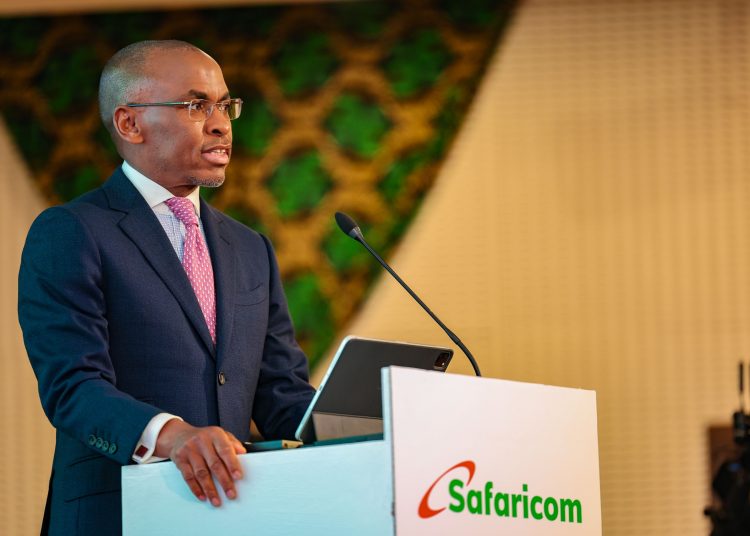Forex trading, also known as foreign exchange trading, has become increasingly popular in Nigeria over the years, driven by advancements in technology and a growing appetite for financial independence. In 2025, forex trading offers Nigerians opportunities to earn income, diversify their financial portfolios, and participate in the global economy. However, succeeding in the forex market requires a strategic approach, proper education, and the right tools. This guide explains how does forex trading work along with forex trading in Nigeria in 2025, breaking down the essentials to help beginners navigate the market.
Understanding Forex Trading Basics
Forex trading involves buying and selling currencies to profit from changes in exchange rates. Unlike stock markets, the forex market operates 24/7, providing traders with flexibility and opportunities to trade at any time. Major currency pairs such as EUR/USD, GBP/USD, and USD/JPY dominate the market, but exotic pairs, including those involving the Nigerian Naira (NGN), are gaining attention among local traders.
In 2025, forex trading will be more accessible than ever in Nigeria, thanks to mobile technology and the availability of user-friendly trading platforms. However, before entering the market, it’s crucial to build a solid foundation of knowledge about how it works, the factors influencing currency movements, and the risks involved.
Choosing a Reliable Broker
Selecting a trustworthy forex broker is one of the most critical steps for new traders in Nigeria. The broker acts as the intermediary, providing access to the forex market through their trading platform. When choosing a broker, consider factors such as regulation, trading fees, platform usability, and customer support.
In Nigeria, look for brokers regulated by reputable financial authorities such as the Financial Conduct Authority (FCA) in the UK or the Cyprus Securities and Exchange Commission (CySEC). Some brokers also hold licenses from local bodies like the Nigerian Securities and Exchange Commission (SEC), providing added assurance of their legitimacy.
Additionally, prioritize brokers that offer low spreads and commissions, fast order execution, and robust security measures. Many brokers now accept Naira deposits and support local payment methods like bank transfers, debit cards, and mobile wallets, making it easier for Nigerians to fund their trading accounts.
Setting Up Your Trading Account
Once you’ve chosen a broker, the next step is to set up your trading account. Most brokers offer a simple registration process that involves submitting personal information, verifying your identity, and funding your account. In 2025, many brokers also provide tiered account options, such as standard, premium, or VIP accounts, catering to traders with varying experience levels and budgets.
Before trading with real money, take advantage of the demo account option available on most platforms. A demo account allows you to practice trading using virtual funds, helping you familiarize yourself with the platform’s features and test your strategies without risking your capital.
Learning the Fundamentals of Forex Trading
Education is key to long-term success in forex trading. As a beginner in Nigeria, dedicate time to learning the basics, including key concepts like pips, leverage, margin, and lot sizes. Understanding how these factors interact is essential for managing risk and making informed decisions.
In 2025, Nigerian traders will have access to a wealth of educational resources, including online courses, eBooks, webinars, and YouTube tutorials. Many brokers also offer free educational materials tailored to beginners. Additionally, social trading platforms and forex communities can provide valuable insights and mentorship opportunities.
Developing a Trading Plan
A well-structured trading plan is the blueprint for your success in the forex market. Your trading plan should outline your goals, risk tolerance, preferred trading strategies, and the types of currency pairs you want to focus on. It should also include guidelines for entry and exit points, stop-loss orders, and position sizing.
Consistency is crucial when following your trading plan. While it’s tempting to chase high returns, remember that disciplined trading minimizes losses and builds sustainable profits over time. Review and update your plan regularly as you gain experience and adapt to changing market conditions.
Leveraging Technology for Forex Trading
Technology will play a central role in forex trading in 2025. Nigerian traders can choose from a variety of trading platforms, such as MetaTrader 4 (MT4) and MetaTrader 5 (MT5), and proprietary platforms offered by brokers. These platforms provide real-time charts, technical analysis tools, and automated trading features to streamline the trading process.
Mobile trading apps are particularly popular in Nigeria. These apps enable traders to monitor their accounts and execute trades on the go. With widespread 5G connectivity and affordable smartphones, mobile trading has become a convenient option for many Nigerians, especially those who balance forex trading with other commitments.
Artificial intelligence (AI) and machine learning tools are also transforming forex trading. These technologies analyze market data, identify patterns, and provide predictive insights, giving traders a competitive edge. For beginners, AI-powered assistants can simplify decision-making by offering suggestions based on historical trends and current market conditions.
Managing Risk in Forex Trading
Forex trading involves significant risks, and managing those risks is essential to preserving your capital. One of the most important risk management tools is the stop-loss order, which automatically closes a trade when the market moves against you by a specified amount. By setting stop-loss levels, you can limit potential losses and protect your account from sudden market fluctuations.
Leverage, while attractive for amplifying profits, also increases risk. In Nigeria, brokers often offer leverage ratios of up to 1:500, but it’s crucial to use leverage cautiously. Overleveraging can lead to substantial losses, especially for inexperienced traders. As a beginner, start with lower leverage and gradually increase it as you gain confidence and experience.
Diversification is another key risk management strategy. Instead of focusing solely on one currency pair, consider trading a mix of major, minor, and exotic pairs to spread your risk. However, ensure you have a clear understanding of each pair’s unique characteristics before adding them to your portfolio.














